In a significant policy shift, Home Secretary Yvette Cooper has announced a major overhaul of the rules governing refugee family reunions in the UK. The government is taking action to address what it calls a "broken" system, promising to bring "greater fairness and balance" and ease the pressure on local councils. This move comes as the government faces mounting pressure over record small-boat arrivals and a growing public backlash regarding the use of hotels to house asylum seekers, Daily Dazzling Dawn understands.
New Conditions and Governance Planning-Under the new policy, refugees must meet tougher criteria before they can bring their family members to the UK. This includes demonstrating that their family members have an appropriate level of English language proficiency, a move the government says is essential for "effective integration into local communities." Furthermore, refugees will need to prove they have sufficient financial resources to support their family without relying on state benefits like Universal Credit or housing benefits. This aligns the refugee family reunion process more closely with the requirements for British citizens seeking to bring foreign partners to the UK.
The government is also considering introducing mandatory waiting periods of up to three years before refugees can apply to bring their families over, a policy already in place in countries such as Germany, Austria, Switzerland, and Denmark. These changes are a direct response to a significant increase in family reunion visas, which have soared from 4,300 in 2023 to 20,600 this year, contributing to a national housing crisis and sparking protests outside asylum hotels.
The reforms are part of a broader government strategy to overhaul the entire immigration system. This includes a commitment to end the use of hotels for asylum seekers by the end of the current Parliament in 2029 and a plan to restrict migrants' ability to use the European Convention on Human Rights (ECHR), specifically Article 8, to enter or stay in the UK. The government aims to strengthen the "public interest" case, making it harder for migrants to argue for their right to family life in the UK.
The new measures also address the role of charitable organizations, such as the Red Cross, which have been assisting and funding the travel of refugees' families to the UK. The government's move comes after a report revealed that such charities were paying for hundreds of families to come to the UK, exacerbating housing shortages.
The timing of this announcement is strategic, coinciding with the return of MPs to Westminster and a planned government reshuffle. The government seeks to reset its agenda and demonstrate decisive action on a key public concern, while also claiming progress on other fronts, such as the National Crime Agency's record number of disruptions of people-smuggling gangs. The Home Secretary also confirmed that the first 100 Channel migrants detained under a new "one-in, one-out" deal will be deported in the coming weeks.
_3.jpg)
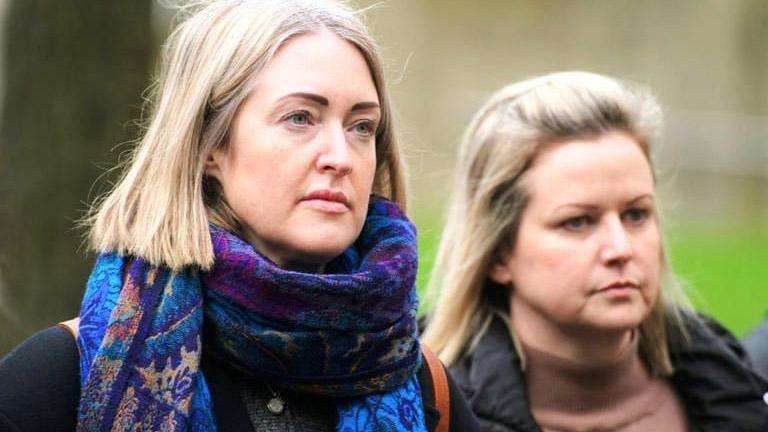


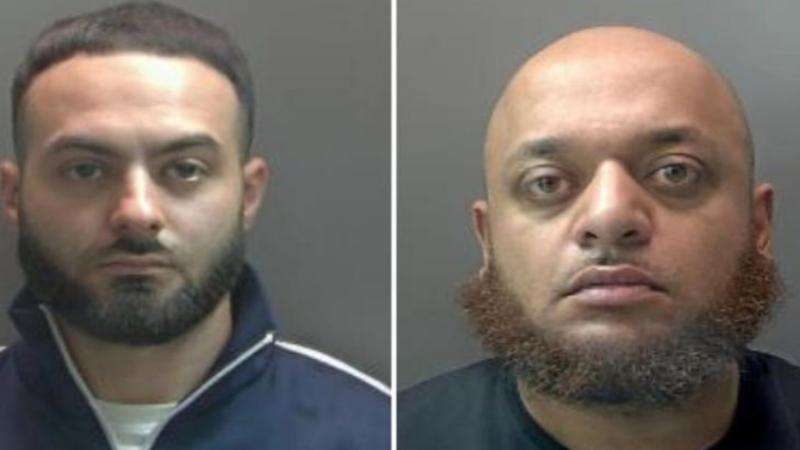


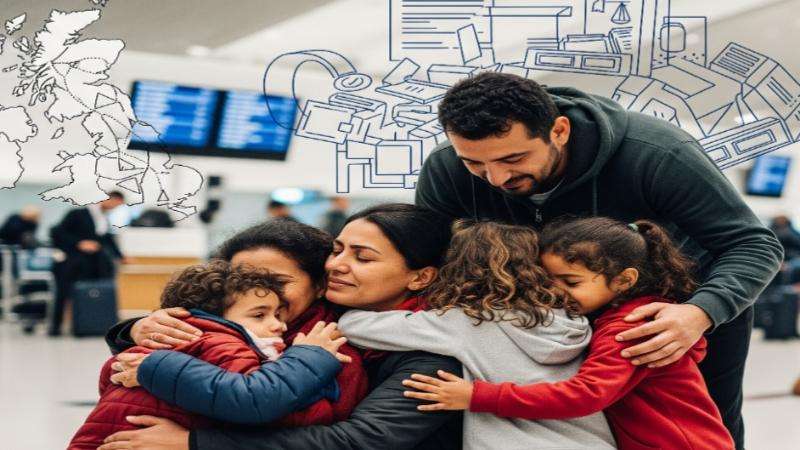
.svg)

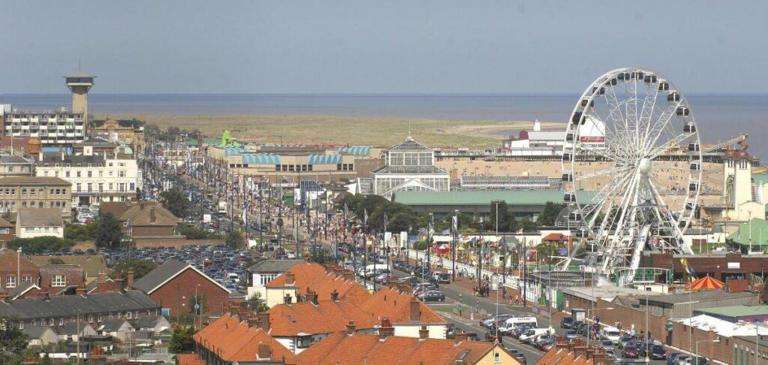
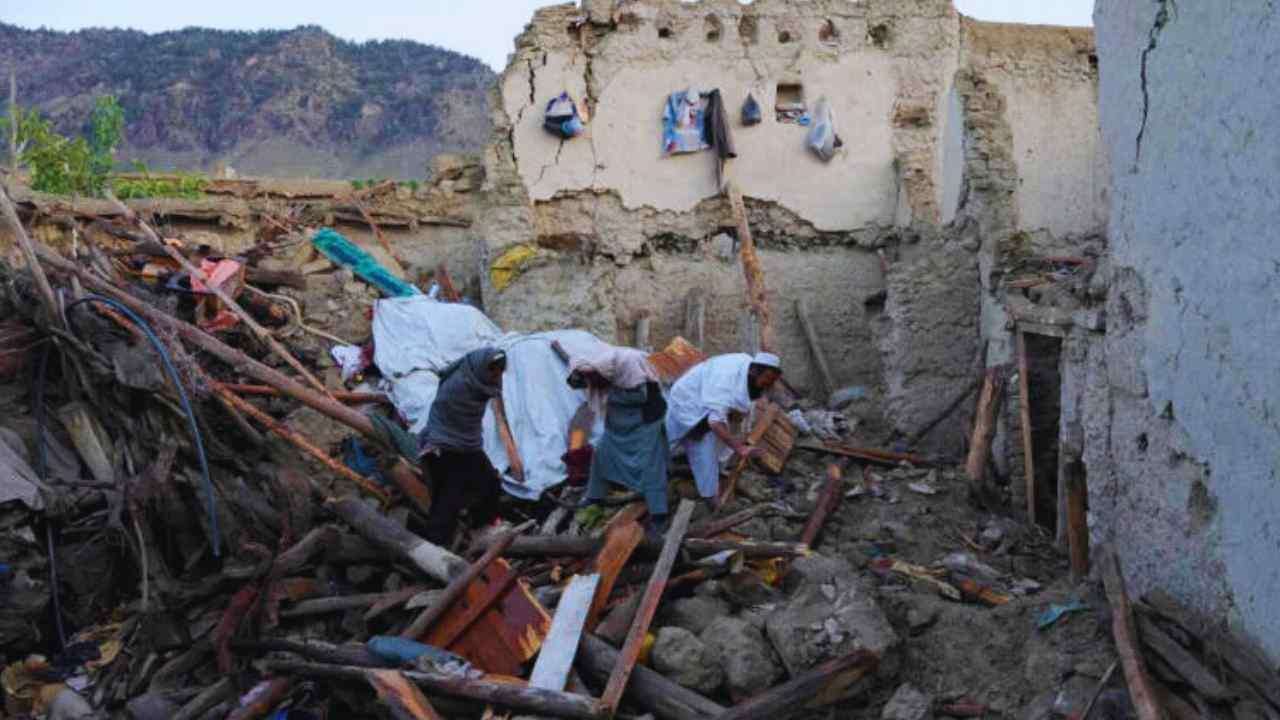
_1.jpg)
_3.jpg)